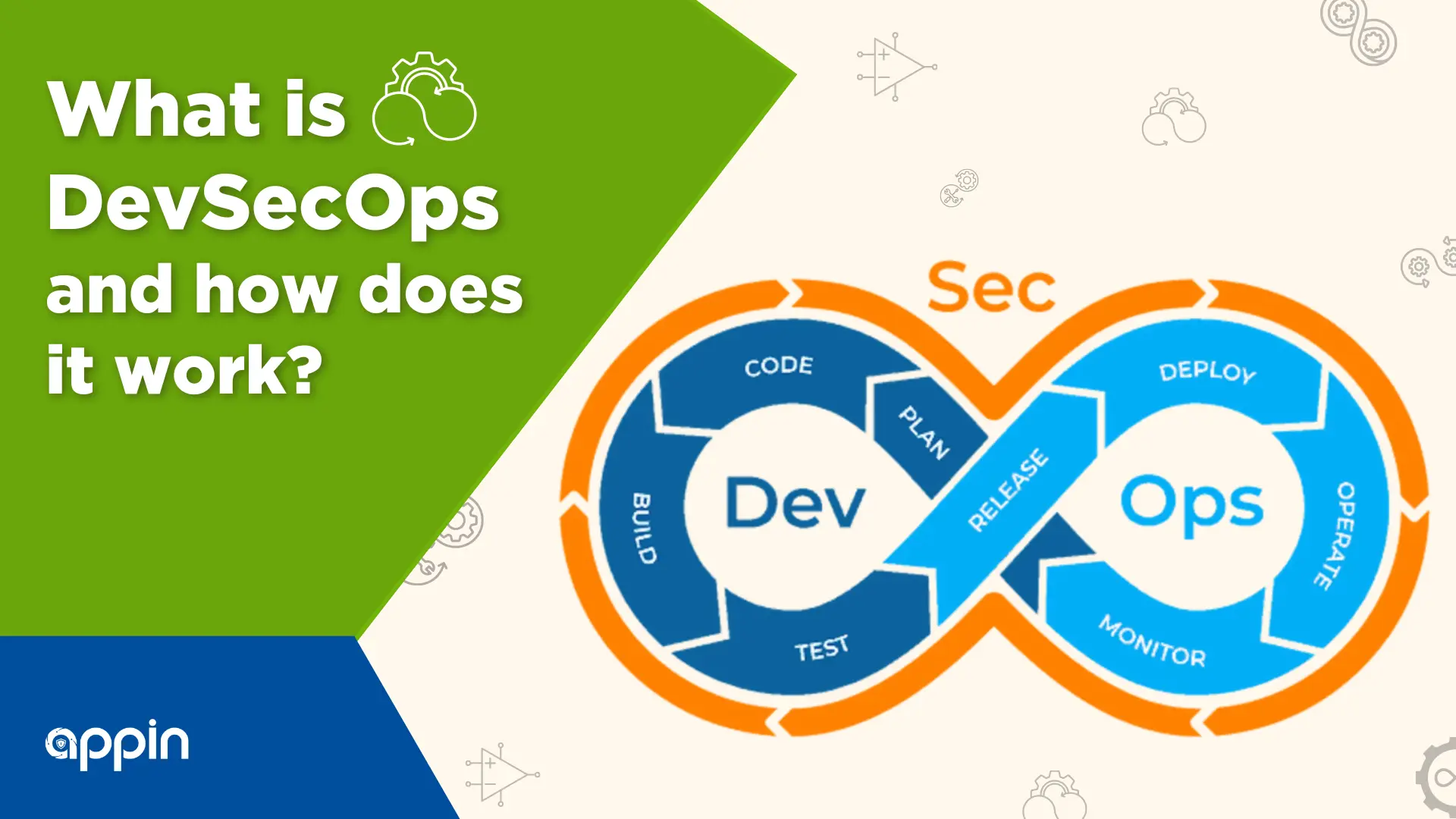Have you ever heard of DevSecOps? It might sound like a complicated word, but it’s really about making software development faster and safer. Let’s break it down and see how it works.
By exploring how DevSecOps works and its significance in modern software development, readers will gain valuable insights into how this methodology enhances security, accelerates delivery cycles, and fosters collaboration between development, operations, and security teams.
What is DevSecOps
DevSecOps is a method used in modern software development that combines security practices with DevOps principles. It aims to enhance collaboration between development, operations, and security teams while integrating security measures into every stage of the development process.
By doing so, DevSecOps helps to identify and address security vulnerabilities earlier in the software development lifecycle, reducing the risk of security breaches and ensuring that applications are built with security in mind from the start. Ultimately, DevSecOps promotes a proactive approach to security, allowing organizations to create secure, resilient, and high-quality software.
The Principles of DevSecOps:
DevSecOps operates on several core principles to ensure the integration of security into the software development process. Firstly, it emphasizes collaboration among development, operations, and security teams, fostering communication and shared responsibility for security. Secondly, automation plays a crucial role in DevSecOps, enabling the continuous integration and delivery of secure code.
Thirdly, security is treated as a priority throughout the development lifecycle, with security measures incorporated at every stage. Additionally, DevSecOps promotes the use of feedback loops and continuous monitoring to identify and address security issues promptly. Finally, cultural change is essential, with organizations encouraging a security-first mindset and empowering teams to prioritize security alongside speed and agility in software development efforts.
Implementation of DevSecOps:
Implementing DevSecOps involves integrating security practices seamlessly into the software development lifecycle. This begins with fostering a culture of security awareness and collaboration among development, operations, and security teams.
Developers are encouraged to prioritize security considerations from the initial design phase through to deployment and beyond. Automation tools and processes are employed to continuously monitor, test, and analyze code for security vulnerabilities.
Security measures such as code scanning, vulnerability assessments, and penetration testing are performed early and often to identify and remediate issues promptly. Additionally, robust authentication, access control, and encryption mechanisms are implemented to safeguard data and infrastructure.
By embedding security into every aspect of the development process, organizations can build more resilient and secure software applications that protect against evolving cyber threats.
Benefits of DevSecOps:
DevSecOps offers several advantages to organizations looking to enhance their software development processes:
- Improved Security: By integrating security practices into every stage of the development lifecycle, DevSecOps helps identify and mitigate security vulnerabilities early on, reducing the risk of security breaches and ensuring that applications are more resilient to attacks.
- Faster Time-to-Market: DevSecOps promotes automation and collaboration between teams, leading to faster delivery of software updates and features. This allows organizations to respond to market demands more quickly and stay ahead of competitors.
- Cost Savings: By identifying and fixing security issues early in the development process, organizations can avoid costly security breaches and reduce the need for expensive post-release fixes and patches.
- Enhanced Compliance: DevSecOps helps organizations meet regulatory requirements and industry standards by integrating security and compliance measures into their development processes, ensuring that applications are built with security and privacy in mind.
Challenges and Best Practices:
Incorporating DevSecOps into software development processes comes with its own set of challenges and best practices. One of the main challenges is cultural resistance within organizations, as teams may be resistant to change or have competing priorities. Additionally, integrating security measures into continuous integration and continuous delivery pipelines can be complex and time-consuming.
However, there are several best practices to overcome these challenges. Firstly, fostering a culture of collaboration and communication between development, operations, and security teams is essential. Secondly, automating security testing and vulnerability scans as part of the build and deployment process can help identify issues early on.
Thirdly, implementing security controls as code and using infrastructure as code techniques can improve consistency and repeatability. Finally, continuously monitoring and improving security posture is crucial for maintaining robust security practices in DevSecOps environments.
Conclusion
DevSecOps represents a paradigm shift in software development, emphasizing the integration of security practices into the DevOps workflow. By embracing DevSecOps principles and practices, organizations can build secure, resilient, and high-quality software while maintaining agility and innovation.
As cybersecurity threats continue to evolve, DevSecOps offers a proactive approach to security, enabling organizations to stay ahead of the curve and mitigate risks effectively. With its focus on collaboration, automation, and continuous improvement, DevSecOps is poised to shape the future of software development and cybersecurity.


